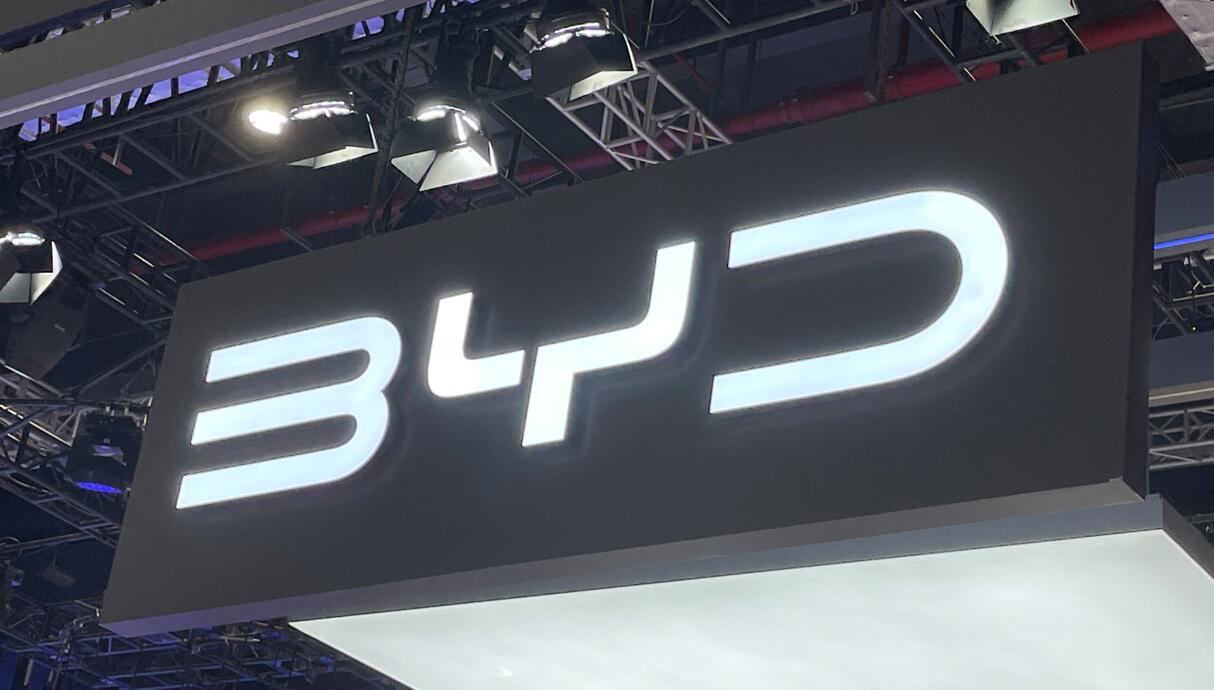The price of battery-grade lithium carbonate has risen 66.67 percent in China and 111.11 percent for industrial-grade lithium carbonate since the rally began late last month.

Lithium carbonate -- a key raw material for electric vehicle batteries -- has seen prices rise for half a month in China.
The price of battery-grade lithium carbonate reached RMB 300,000 ($42,740) per ton in China today, up RMB 15,000 per ton, or 5.26 percent, from yesterday, the 14th consecutive day of gains, according to Mysteel.
Industrial grade lithium carbonate price today reached RMB 285,000 per ton, up RMB 15,000 per ton, or 5.56 percent, from yesterday, the 17th consecutive day of increases.
This is a rebound in lithium carbonate prices after seeing months of declines, with the Chinese new energy vehicle (NEV) industry suddenly falling into weak growth early in the year.
The price of battery-grade lithium carbonate rose to RMB 590,000 per ton in China on November 23, 2022, up about 14 times from RMB 41,000 per ton in June 2020.
However, factors including weak demand for electric vehicles have caused lithium carbonate prices to decline all the way after heading into 2023.
Prior to April 21, lithium carbonate prices had not seen a single day of gains in China this year, falling about 65 percent since the beginning of the year.
Since the rebound began at the end of last month, battery-grade lithium carbonate prices have risen 66.67 percent in China, and industrial-grade lithium carbonate has risen 111.11 percent.
The rebound in lithium carbonate prices is mainly due to tight supplies, while there has still not been a more significant recovery in demand for NEVs downstream, local media Yicai cited an unnamed industry source as saying in a May 15 report.
China's new energy passenger car retail sales in April were 527,000 units, up 85.6 percent year-on-year but 3.6 percent lower than in March, according to data released by the China Passenger Car Association (CPCA) on May 9.
In some analysts' view, despite the rebound in lithium prices this month, there is still downward pressure in the long run.
Overseas customers will not purchase lithium at prices significantly higher than the Chinese market in the long term, and profit levels for lithium smelters will eventually return to a reasonable range, CICC analyst Feng Tingshuai 's team said in a May 16 research note.
If the rebound in Chinese lithium prices is not strong enough to fully reverse the situation, lithium prices will likely continue to face some downward pressure, the team said.
The accelerating downward trend in lithium carbonate prices is difficult to sustain, and lithium prices are expected to gradually stabilize and possibly even rebound, CICC analyst Zhang Jiaming's team said in an April 20 research note.
However, the team believes the downward trend in lithium prices may not end soon, as the global lithium supply is still in surplus.
($1 = RMB 7.0191)
The post Battery-grade lithium carbonate price roars back to RMB 300,000 per ton after 14 days of consecutive gains appeared first on CnEVPost.
For more articles, please visit CnEVPost.










